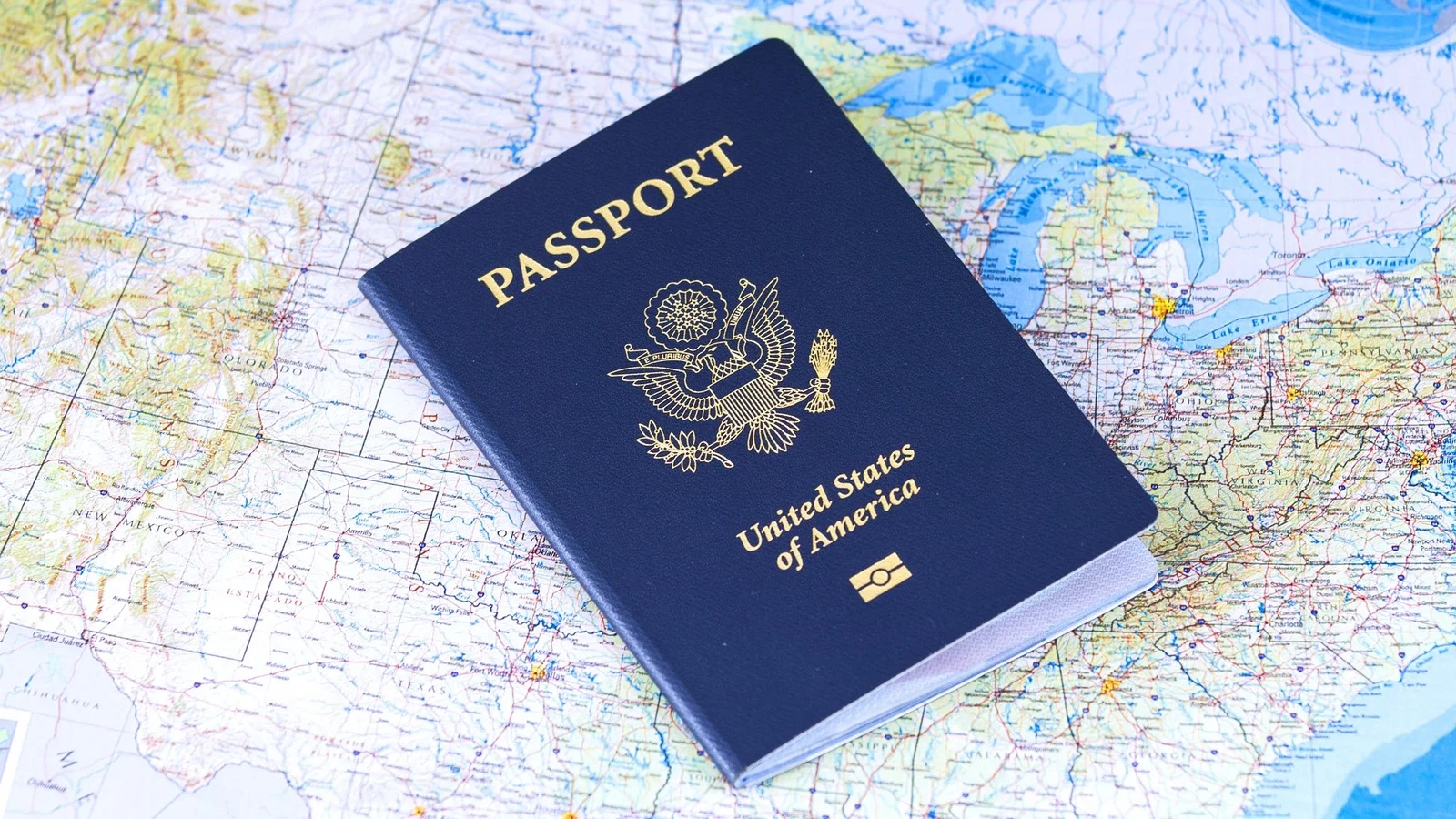
Do We Stay, or Do We Go?
In full disclosure, I have strongly considered relocating to Costa Rica when I retire, as I thought it might be financially wise to do so. Now, I hear people discussing emigration due to political frustration.
It is safe to say that America is experiencing a high state of stress and upheaval. National surveys reveal that the future of the nation is a leading cause of stress for many U.S. adults. This political climate can manifest as increased anxiety, anger, and feelings of hopelessness, sometimes even straining personal relationships due to differing values.
A combination of intense political polarization, significant economic concerns, and pervasive feelings of social divisiveness and threats to rights are contributing to a heightened state of stress and upheaval across the United States. Some people are considering relocating to a new country.
Who is most likely to consider leaving?
In US immigration law, a “voluntary departure plan” refers to a process where a non-citizen who is otherwise removable (meaning they could be deported) is allowed to leave the United States at their own expense and within a specified timeframe, rather than being formally deported by the government. Of course, they would seriously consider it.
I met a woman who uprooted her family to protect her trans child. Trans individuals may feel their fundamental rights are under threat and their safety is compromised. Of course, this woman considered it.
Young women, and anyone who might need an abortion for health or personal reasons, may fear living in a state where they cannot access medically necessary procedures. This extends beyond abortion to concerns about contraception and other reproductive health services. Of course, they would consider it.
While not new, ongoing concerns about systemic racism and discriminatory practices in housing, employment, and the justice system can lead individuals from racial and ethnic minority groups to seek environments where they perceive less discrimination and greater equality. It is no surprise they would consider it.
The prevalence of gun violence in the US (mass shootings, everyday gun crime) is a major concern for many. Families with children might seek countries with stricter gun control laws and a lower incidence of gun violence for a greater sense of safety. Of course, leaving to protect their family would be considered.
Dissatisfaction with the U.S. healthcare system’s cost and accessibility, or the perceived lack of affordable childcare and education drives some to consider countries with universal healthcare and more comprehensive social programs. Why wouldn’t they consider it?
Considering leaving, and actually leaving may be quite different things. These are not easy decisions. Emigration decisions are a mix of “push” factors (what drives people away from the US, like political dissatisfaction) and “pull” factors (what attracts them to another country, like better social services or greater personal freedoms).
While leaving the US for political reasons can alleviate the specific anxieties and anger tied to the US political climate, it does not guarantee a reduction in overall anxiety. Instead, it often trades one set of stressors for another.
The success in reducing anxiety and anger largely depends on individual resilience and coping mechanisms. How well do you adapt to new challenges? And, success depends on the specifics of the destination country. Does it have a welcoming nature, economic opportunities, and cultural fit? Success also depends on the ability to build new social networks and find community. And it depends on your financial stability. Do you have the resources to navigate the challenges of relocation?
In many cases, individuals may find a different kind of anxiety and anger, or a period of initial relief followed by new forms of stress as they integrate into their new lives.
For those who do experience a positive shift, the relief often stems from reduced exposure to divisive news and political rhetoric. Living in a country whose political and social values align more closely with one’s own can foster a greater sense of belonging and psychological comfort. The act of taking decisive action, like emigrating, can be empowering for those who felt powerless to effect change in their home country. And, for individuals seeking specific protections or services such as gender-affirming care, abortion access, and affordable childcare, moving to a country where these are secure can alleviate immense fear and anxiety.
But there is no guarantee of happiness. Relocation may alleviate political stress, but it introduces a new set of complex challenges. Despite potential benefits, emigration is a profound life change that introduces significant stressors. Adapting to a new culture, language, and social norms is inherently stressful. This can lead to loneliness and isolation, loss of identity, language barriers, economic challenges, bureaucratic hurdles, homesickness and grief, and lingering political concerns. Strong political opinions and concern for one’s former country do not simply vanish.
So, for me, at my age, I choose to stay. I have found a welcoming community in Jo Daviess County and cannot/would not leave my family behind. While not perfect, we’re in this struggle together.
